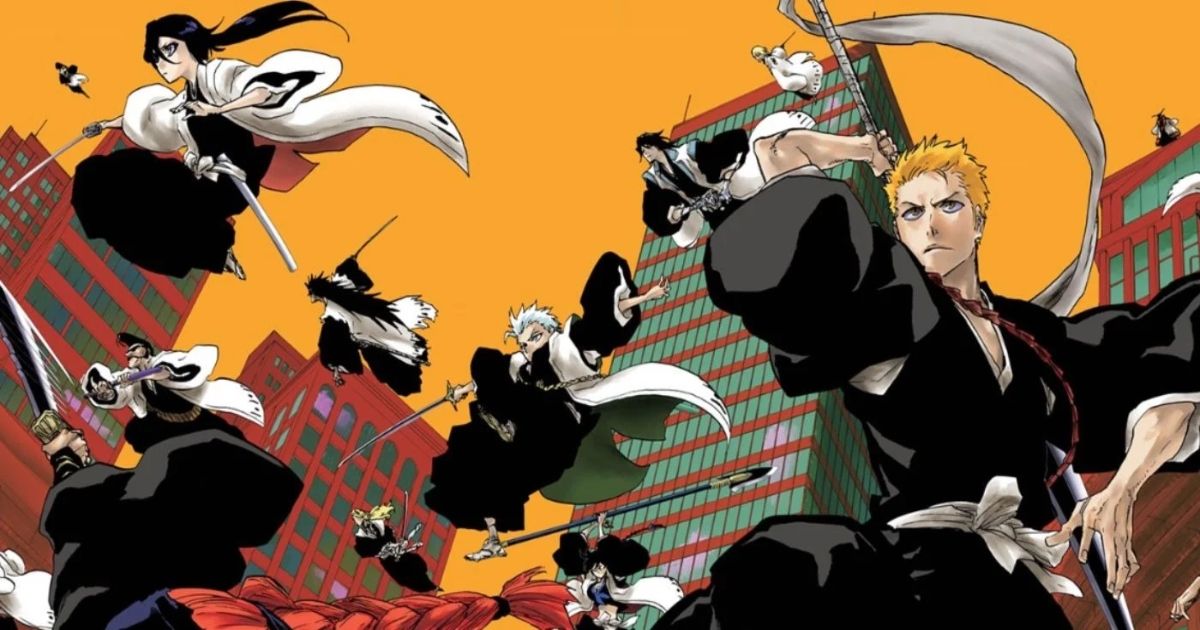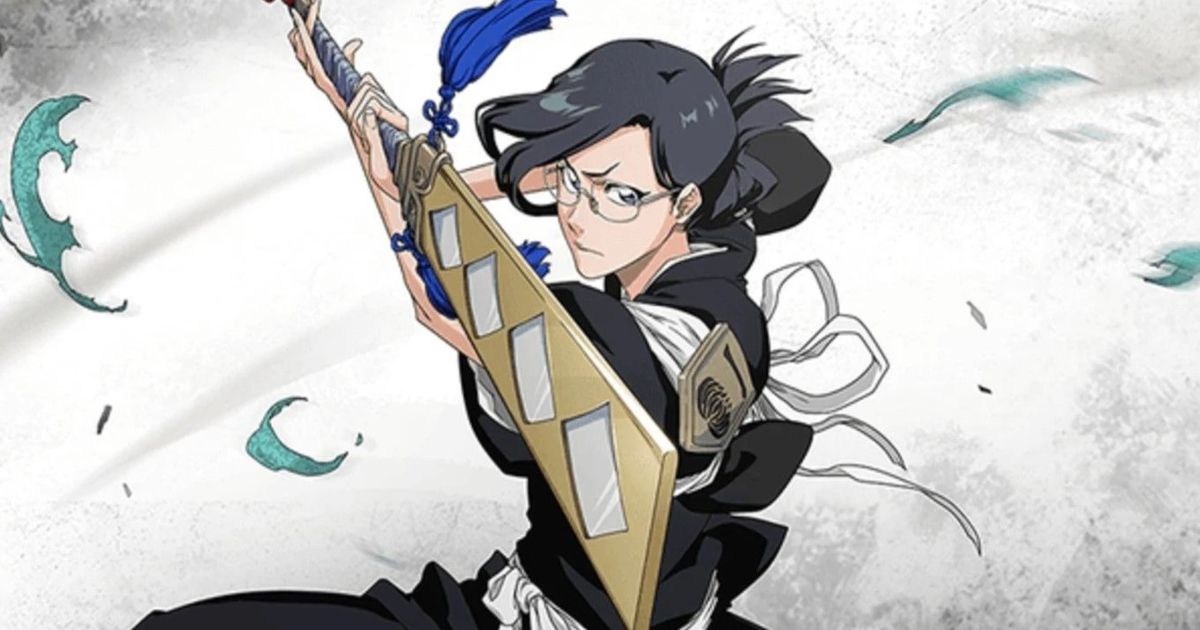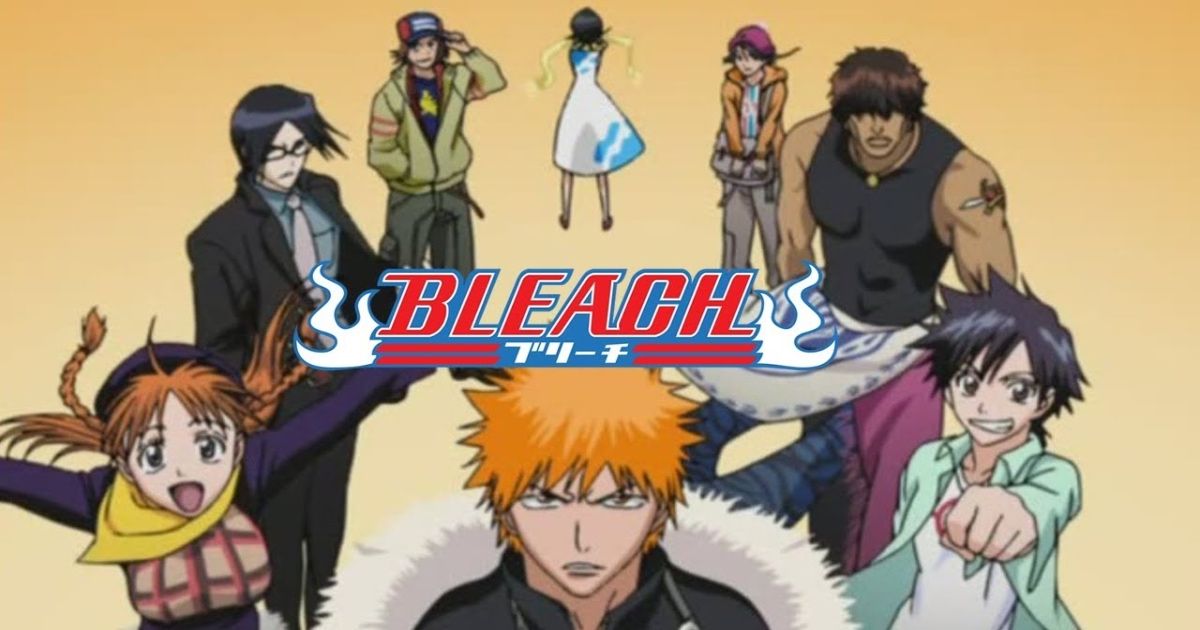Bleach fans have waited long and patiently for what must have felt like an eternity. Now, however, not only is their wait over but their hunger is being satiated by semi-regular news regarding the anime adaptation of the Thousand-Year Blood War arc.
Tite Kubo, author and artist of Bleach, has made it no secret in the past that during his tenure creating the final arc, he was forced to cut and rush the story on account of debilitating health issues. This has left many fans speculating if the anime adaptation will try and adjust certain things that perhaps Kubo didn't get quite right the first time.
While there are certainly those who support an anime adaptation that tries to adjust the story, there are also those who want the story to be adapted entirely in its original form, mistakes, oddities, and all. And there's nothing inherently wrong with either of these sentiments. However, the more conservative-minded fans of Bleach may find it hard to swallow an anime adaptation that takes creative liberties. Undoubtedly, some filler in the past may have let them down. But differences in adaptation aren't inherently a bad thing.
Here's why deviation from the manga may not be such a bad thing for Bleach's Thousand-Year Blood War arc.
Some Things Were Rushed in the Source Material
Right off the bat, nobody is faulting Kubo for doing what he had to do in the last arc. It was entirely out of his control; nobody can choose when they fall ill or how their employer will react to said illness. In fact, considering what he was dealing with, what he managed to put out was astounding. But just looking at the black and white, most fans would agree that what started as a steady jog ended in a breakneck sprint in too short of a time and at the cost of the story's pacing.
Things that perhaps required more explanation or prior establishment were cut, leaving fans feeling like certain things were included just to hurry up and finish a plot point. One example that immediately comes to mind is Kyoraku Shunsui and Nanao Ise's battle with Lille Barro.
So an anime adaptation that addresses these points and includes extra scenes wouldn't be much of a tragedy, and most fans wouldn't bat an eye. But at the expense of other scenes that are perhaps not as necessary may end up being controversial. When looking back at the Thousand-Year Blood War, though, it can be difficult to justify why Kubo spends so much time on PePe when things like Nanao's family's zanpakuto seem far more important to establish. In hindsight, it shouldn't be seen as heresy if the anime producers decide to do some cutting and reorganizing.
Deviation From the Source Material Isn’t Always a Bad Thing
This is definitely the most controversial of the two takes, but it needs to be reiterated and thought of more. A sort of "canned response" to deviation from the source material is to disregard it. But what is adaptation if not a chance to tell the same story differently? For example, if someone is upset that the movie adaptation of a book is different from the book, then just reread the book. The movie should be judged on its own merits divorced from the source material it originates from.
The most common example in the world of anime is Fullmetal Alchemist. You will find no shortage of people who advertise watching Fullmetal Alchemist: Brotherhood (a far more faithful adaptation of Hiromu Arakawa's manga) and disregard the 2003 series. What they tend to forget, though, is just how well the 2003 series was received at the time. And while it's entirely up to personal opinion which story one likes more between the two series, one need not replace the other. The 2003 series has the same right to exist and be judged on its own merits as Brotherhood.
So on the same note, any changes made to the story of the Thousand-Year Blood War arc need not inherently be seen as bad or as some kind of heresy. Art is something that's meant to be subjective. Anyone can be right or wrong concerning art, even the author. To relate it to the subject at hand, Tite Kubo is not an infallible entity; he's a man who writes and draws comics and is more than capable of making mistakes and questionable storytelling decisions.
There's a tendency to feel attached to authorial intent, which does have its merits, and there are certainly those who place more stock in it than others. However, stories become much more engaging when one accepts them for what they are, not what they are in relation to where they come from.



